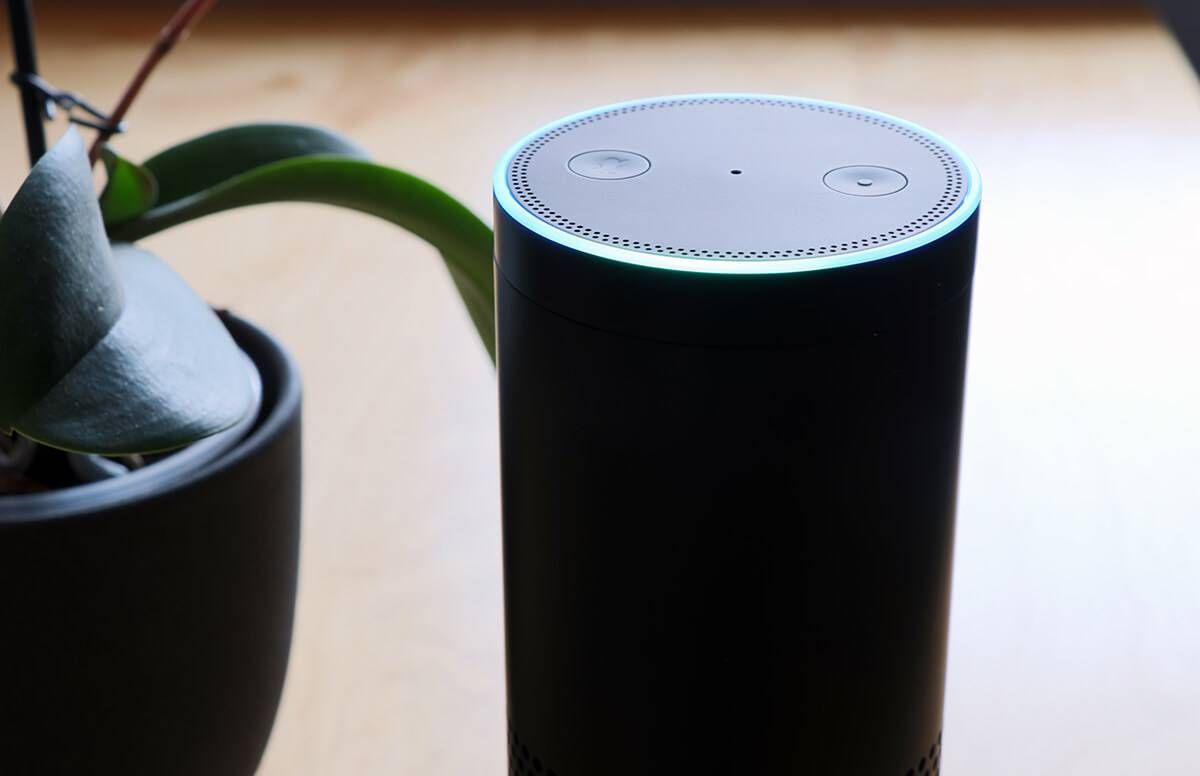Can Artificial Intelligence Improve Older Adults' Health?
It could help lower care costs and decrease isolation
Eliezer Yudkowsky, a leading proponent of “friendly” artificial intelligence, offers a cautionary observation about the potential of AI — solving tasks that usually require human intelligence.

“The greatest danger of Artificial Intelligence,” he writes, “is that people conclude too early that they understand it.”
Any serious discussion of AI’s impact on the aging population must start with Yudkowsky’s implied question: Do we understand it? And if we do, how do we harness it to enhance the lives of our burgeoning population of older adults?
The potential exists for AI to provide lower health care costs, better transportation and longer employment. AI may even end the isolation that often separates less-mobile adults from family and friends and remove the stigma of growing old.
Realizing AI’s potential will require businesses and entrepreneurs to make it less expensive and for health care providers, sons and daughters to embrace it as a tool for more frequent, deeper connection. But first, we need to understand the challenge.
Demographic Shift and Health Trends
Recent estimates show that the United States has a distinctly older age profile than it did 16 years ago. Residents age 65 and over increased from 35 million in 2000 to 49.2 million in 2016, accounting for 12.4 percent and 15.2 percent of the total population, respectively.
From the incidence of aging-associated diseases — an effect of population aging — to policies that will improve quality-of-life outcomes, the graying of America is changing the way societies engage older adults, now and for the future. Health care is particularly important since chronic conditions and co-morbidities — the presence of two or more chronic diseases or conditions at the same time — are at an all-time high and will continue to rise if not addressed.
Since health becomes more challenging with age, scientists and researchers are working to increase health spans — the length of time that an individual is healthy — using innovations in technology such as artificial intelligence.
A Role in Caregiving for AI
Artificial intelligence is the core technology behind smartphone applications, robotics, medical technology, drones and self-driving cars. As AI progresses, the potential for a changing healthy longevity landscape holds a powerful promise for the aging population.
For instance, it can help fill the nation’s caregiving void — AARP has predicted a “caregiving cliff,” estimating that by 2030, only four potential family caregivers will be available for every person requiring care, and that number will fall to three by mid-century.
The effect of this trend is compounded by the fact that 90 percent of older adults want to stay at home. A 2015 survey found that 40 percent of caregivers say that home care is challenging. Since the goal is to improve independence, quality of life and well-being for older adults and caregivers, AI has a growing opportunity to tackle issues from affordability to individualized health plans.
It has been reported that AI may reduce or even alleviate the burden of caregiving. AI may also help people live at home longer through talking devices, sensors, machines and more. In fact, digital innovation has already simplified complex tasks, which have led to a crucial opportunity for AI — the business of aging.
A Booming Market for Artificial Intelligence
The market for AI technologies is flourishing. Beyond the hype and the heightened media attention, the numerous startups and Internet giants racing to acquire them have shown that there is a significant increase in investment and adoption. A Narrative Science survey found last year that 38 percent of companies were already using AI, and 62 percent were expected to by 2018. Some of these include voice-activated personal assistants like Amazon’s Alexa and Apple’s Siri.
The business community can play an important role in facilitating longer, healthier lives. This mirrors the message in a report published by the Milken Institute Center for the Future of Aging (CFA), “Silver to Gold: The Business of Aging” and an essay series “The Business of Aging.”
These two publications are based on the CFA-convened Summit on Business and the Future of Aging to plan a course of action for business leaders to create products, services and innovations to serve the growing population of older consumers, among key objectives. As populations age, strategies to empower older adults to manage their health can help reduce the burden of diseases and health care costs.
Weighing AI's Pros and Cons
Despite AI’s growing opportunity, it cannot tackle every challenge and, as Yudkowski suggests, many of its promised benefits have corresponding risks. Connectivity can draw older people closer to family and friends, but as we have learned, AI also can alienate us from the real, physical world since it cannot replace human interactions. The medical advantages of AI tracking personal data are also offset by the loss of privacy.
The problems of AI can be resolved if companies design safe artificial intelligence and decrease concerns about the proper role for these machines.
Since AI is on the cusp of becoming commonplace, corporations can work to mitigate the risks by evaluating, implementing and monitoring AI algorithms. The future looks bright as these technologies continue to impact society — from developing new drugs to helping doctors detect Alzheimer's disease in patients.
Apart from risks, there are yet important questions that AI systems will need to resolve, including reimbursement for medical apps and addressing socioeconomic and cultural gaps in access and connectivity. We cannot avoid the digital disruption that is underway. To ensure that its ultimate impact elevates the quality of life of older people, we must make every effort to understand, and manage, its advance.

